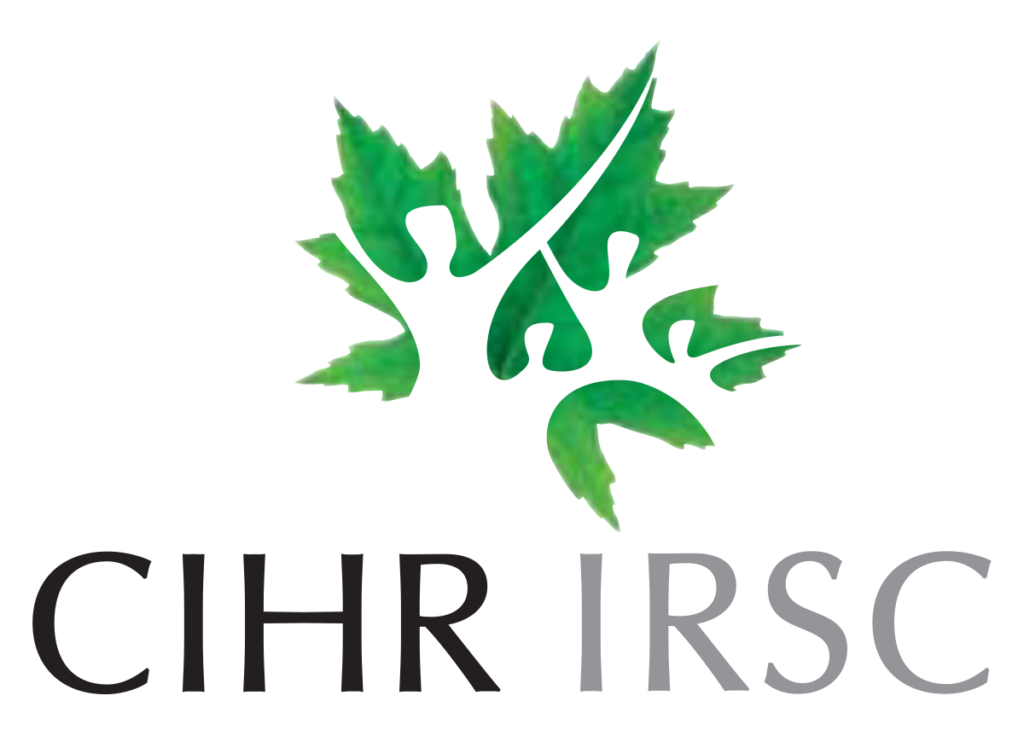
EPOCH Laboratory
Early Programming of Cognitive and Mental Health
Ryan J. Van Lieshout, MD, PhD, FRCPC
McMaster University
Our Research
Rationale: Up to 1 in 5 children worldwide will struggle with emotional, behavioural, and/or cognitive problems in their lifetimes. Adverse childhood experiences (ACEs, e.g., postpartum depression) can be significant contributors to these difficulties, as can other modifiable risk factors like sub-optimal pregnancy die, physical activity, and pre-term birth.
Our Work: Our primary current focus is on developing and testing interventions that increase mothers’ and birthing parents’ access to psychotherapeutic treatments for perinatal depression and anxiety.
These practical, scalable, and effective interventions are developed to be acceptable to mothers and easily integrated into existing health systems so that they can disrupt the intergenerational transmission of psychopathology from parent to child.
More broadly, we have utilized three models of perinatal stress to test the developmental origins of health and disease hypothesis as it pertains to mental disorders:
- Perinatal Depression and Anxiety
- Maternal physical inactivity, diet, and obesity
- Preterm Birth
Current Focus of Interventions: Most recently, we have been focused on developing and testing interventions that increase mothers’ access to psychotherapeutic treatments for perinatal depression and anxiety. The aim of this work is to attempt to disrupt the intergenerational transmission of psychopathology from parent to child by developing interventions that are practical, scalable, effective, and acceptable to mothers.
Dr. Ryan Van Lieshout
Principal Investigator
MD, PhD, FRCPC
Ryan is a perinatal psychiatrist with more than 10 years of experience treating women and other pregnant people, mothers and birthing parents with psychotherapy and/or medications during pregnancy and the postpartum period. He is also an Associate Professor in the Department of Psychiatry and Neurosciences at McMaster University. He wrote the Canada’s national clinical practice guidelines for the treatment of perinatal depression and co-authored Public Health Ontario’s Perinatal Mental Health Toolkit. He has published nearly 200 papers on maternal perinatal health and offspring neurodevelopment in scientific journals and is the Canada Research Chair in Perinatal Mental Health at McMaster University. The interventions he has developed are in use and influencing policy and practice around the world. He is the Albert Einstein/Irving Zucker Chair in Neuroscience. He is also a member of the Royal Society of Canada (RSC) and a finalist for the Gairdner Momentum Award.

Projects: Building Better Brains Across the Lifespan

1-Day CBT-Based Workshops for Preventing Postpartum Depression
The objectives of this study are to: 1) Develop a treatment manual for the 1-Day CBT-Based Prevention Workshops that is acceptable to women 2) Recruit 30 participants into a pilot workshop and seek their feedback on its content, delivery and assessment procedures 3) Conduct a full randomized controlled trial (n=408) examining the impact of these workshops on rates of PPD when added to treatment as usual (TAU) compared with TAU alone.

Public Health Nurse-Delivered Online 1-Day CBT Workshops for Postpartum Depression
To determine if: a) Online 1-Day CBT-Based Workshops for PPD delivered by trained public health nurses added to care as usual during the COVID-19 pandemic improve PPD more than usual care alone b) The workshops cost-effective c) The workshops can reduce the impact of the common comorbidities and complications of PPD (anxiety, partner relationship discord, social support, infant temperament, parenting stress, and poorer mother-infant attachment)?

Impact of Treating Postpartum Depression on Infant Emotion Regulation
To determine if: i) group CBT added to treatment as usual (TAU) affects infant emotion regulation relative to TAU alone, and ii) changes in mother-infant interactions (synchrony patterns), and/or or mothers (e.g., parenting and regulatory behaviours, affective predictability, depression/anxiety) contribute to changes in infant emotion regulation.

Imapct of Maternal Nutrition+Exercise Interventions on Infant Emotion Regulation
To determine if a maternal nutrition+exercise intervention leads to better cognition and emotion-regulation in offspring at multiple follow-up visits, when children are 12, 24, 36 and 48 months of age compared to those born to women receiving usual pregnancy care.
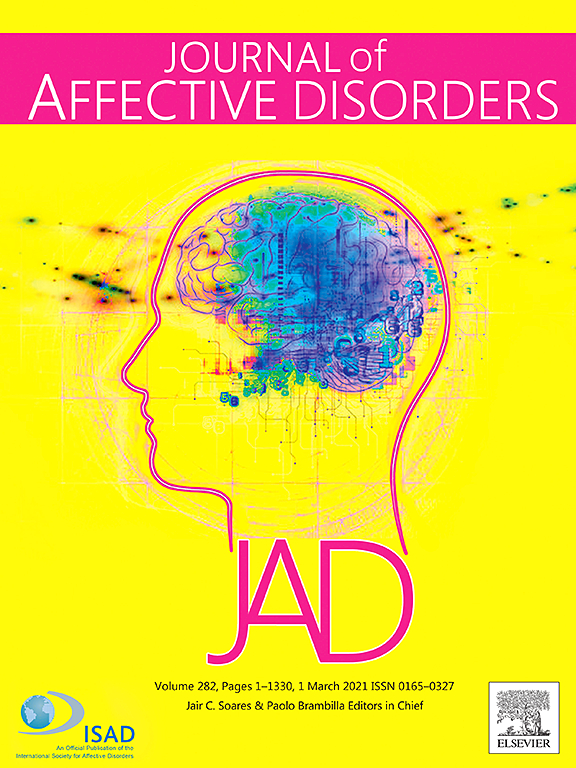


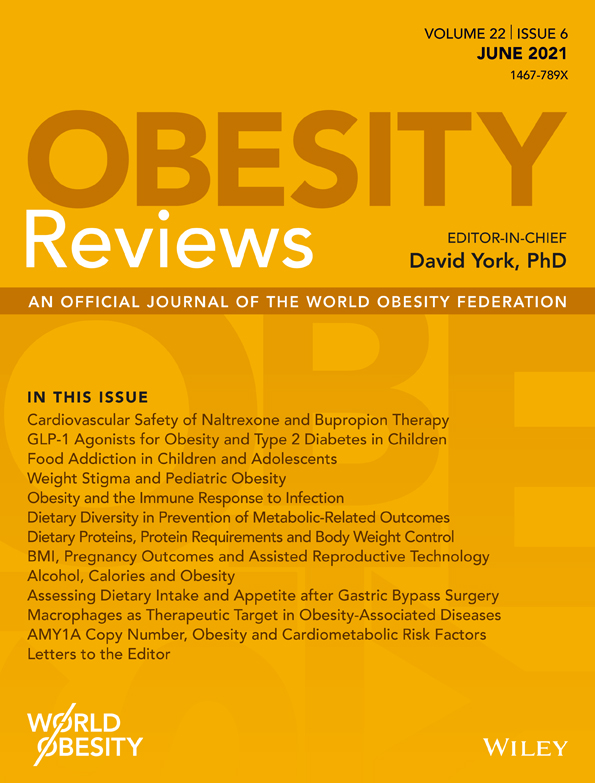
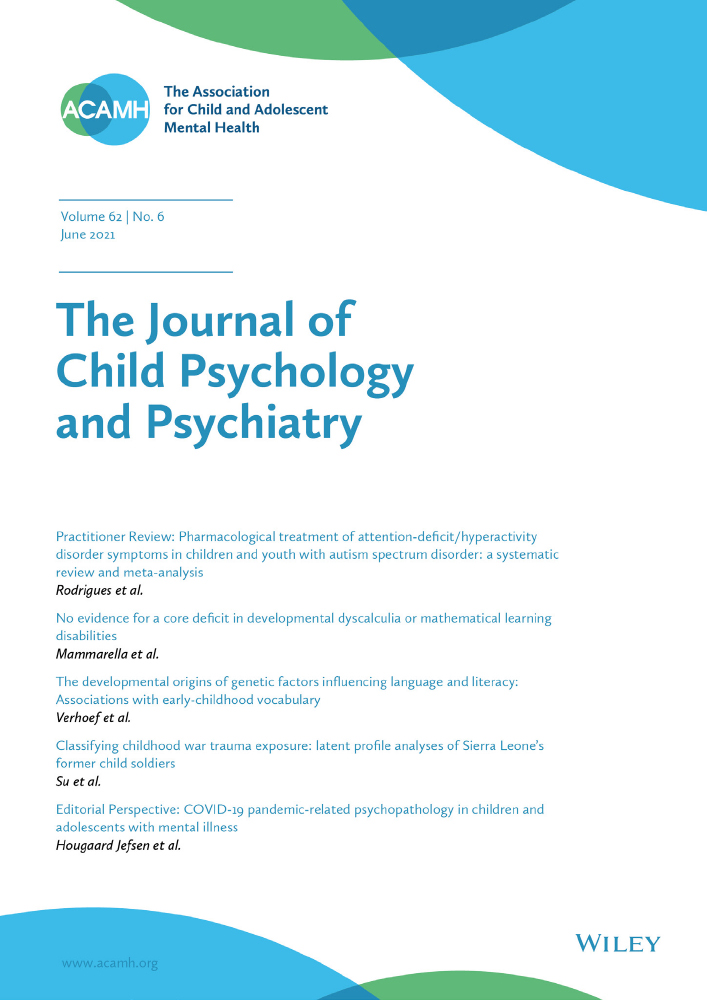
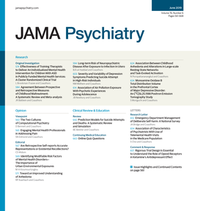
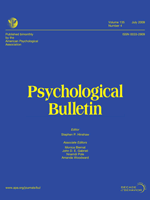

Our Supporters

